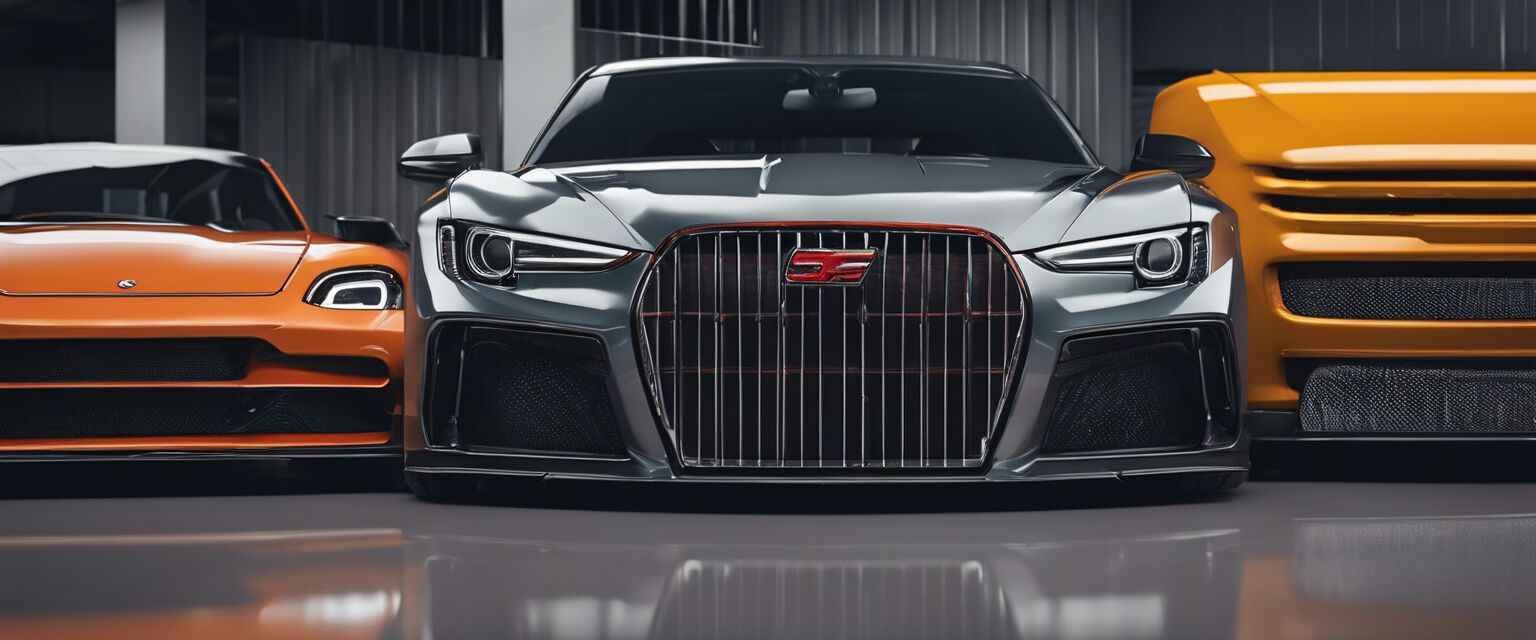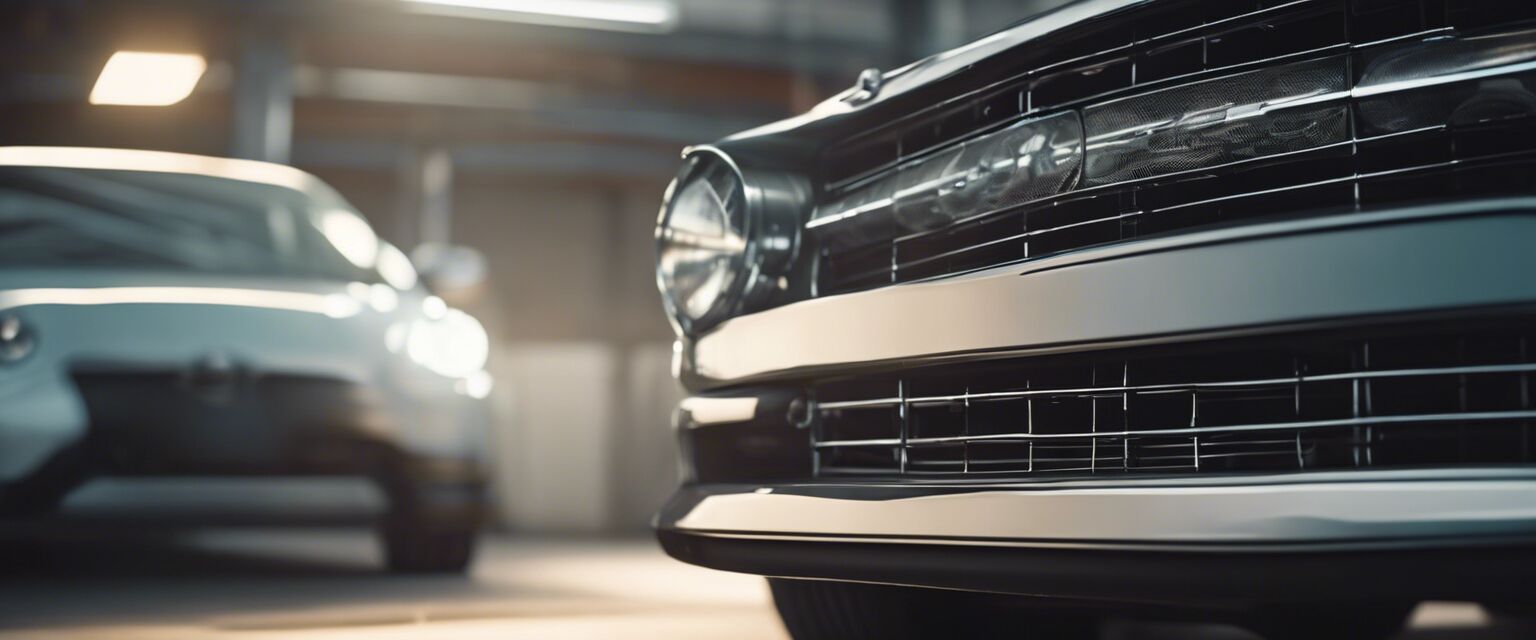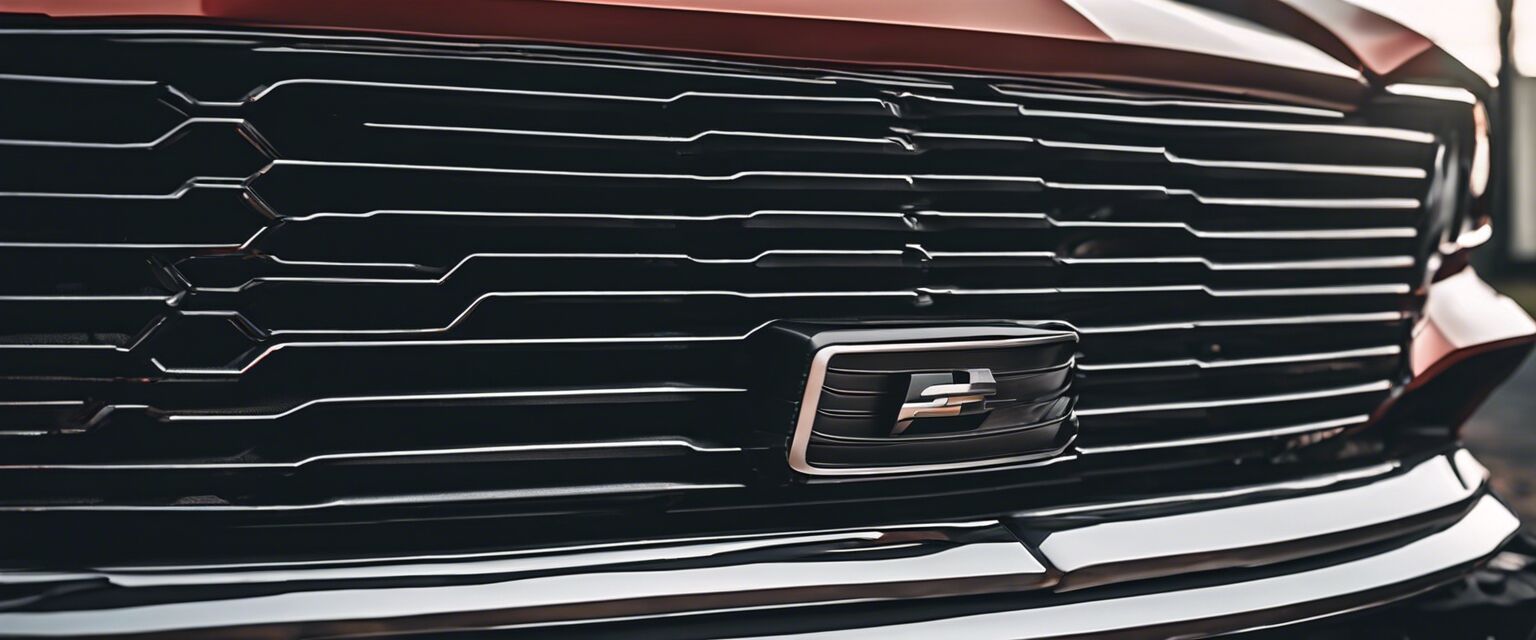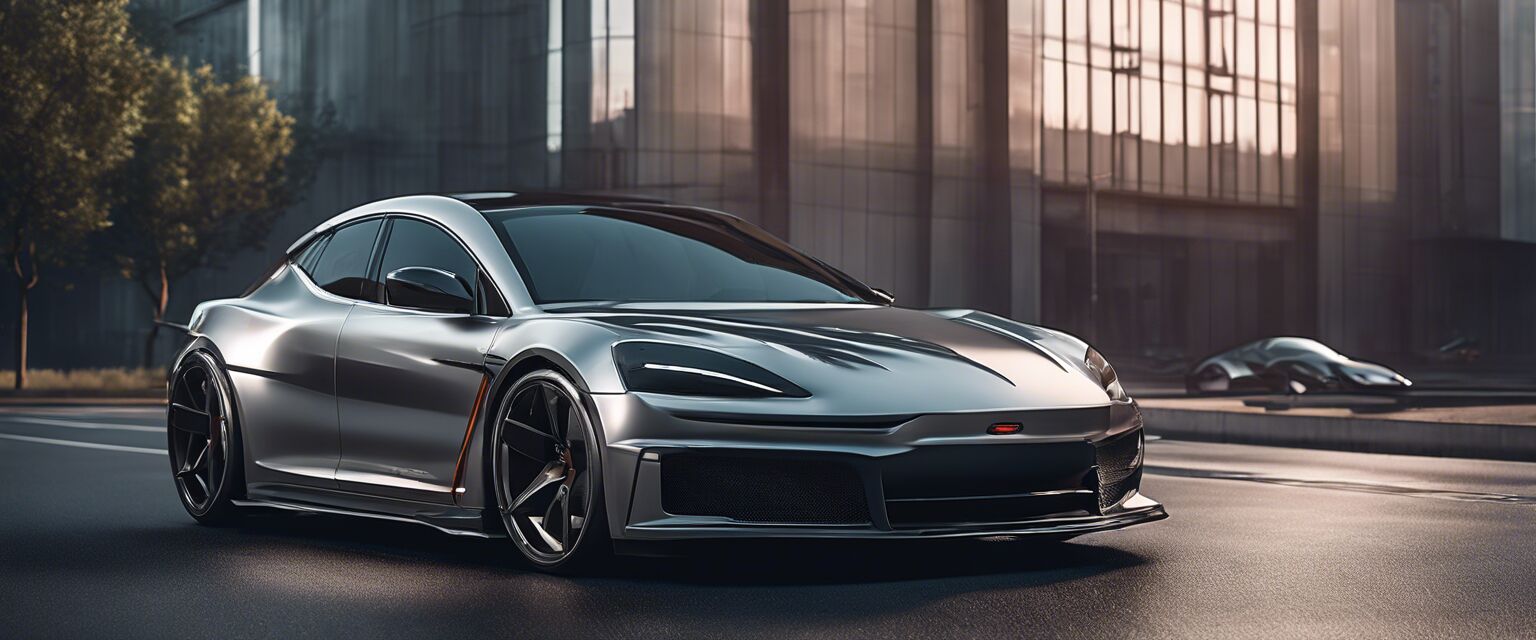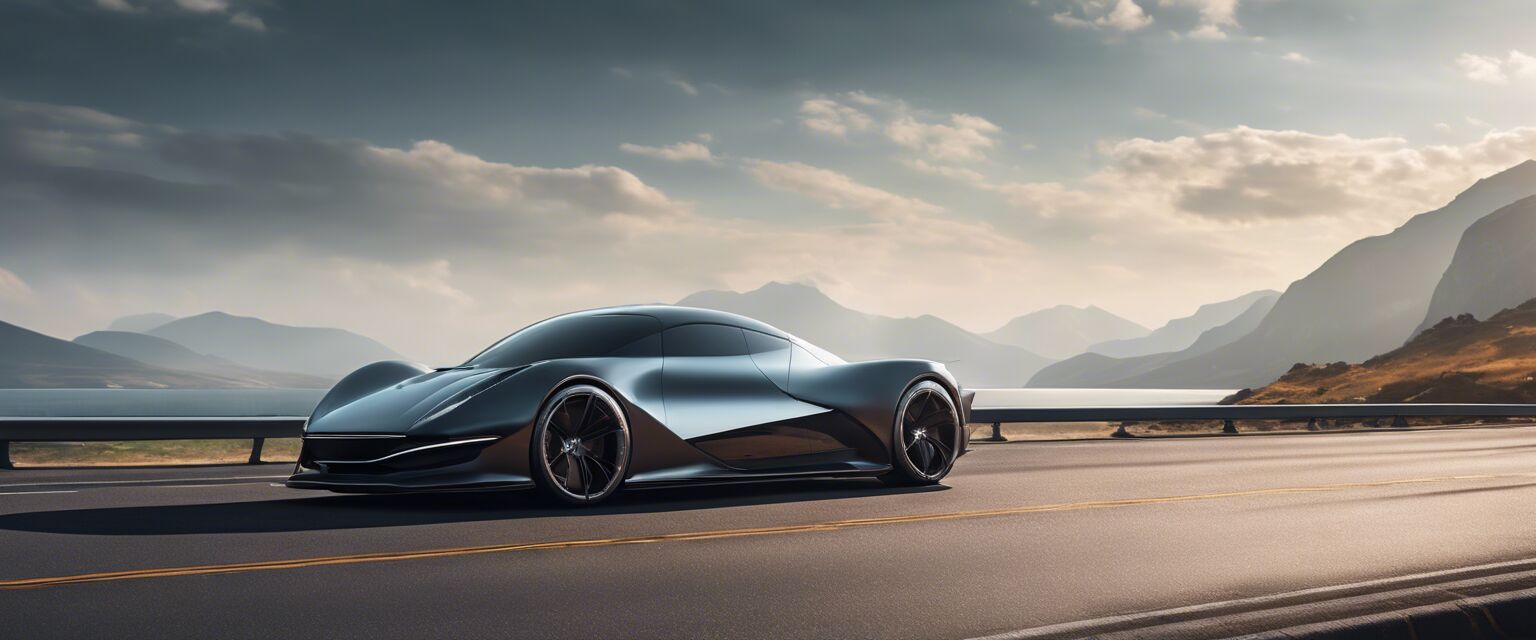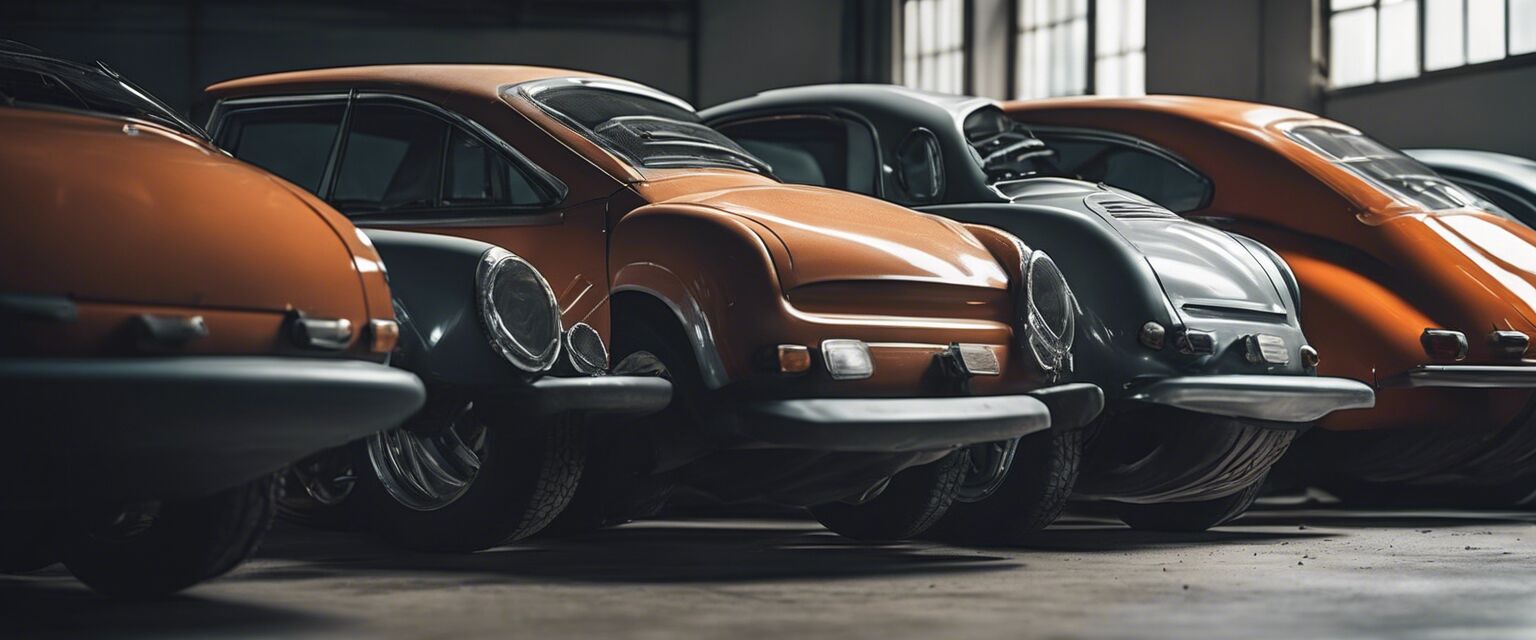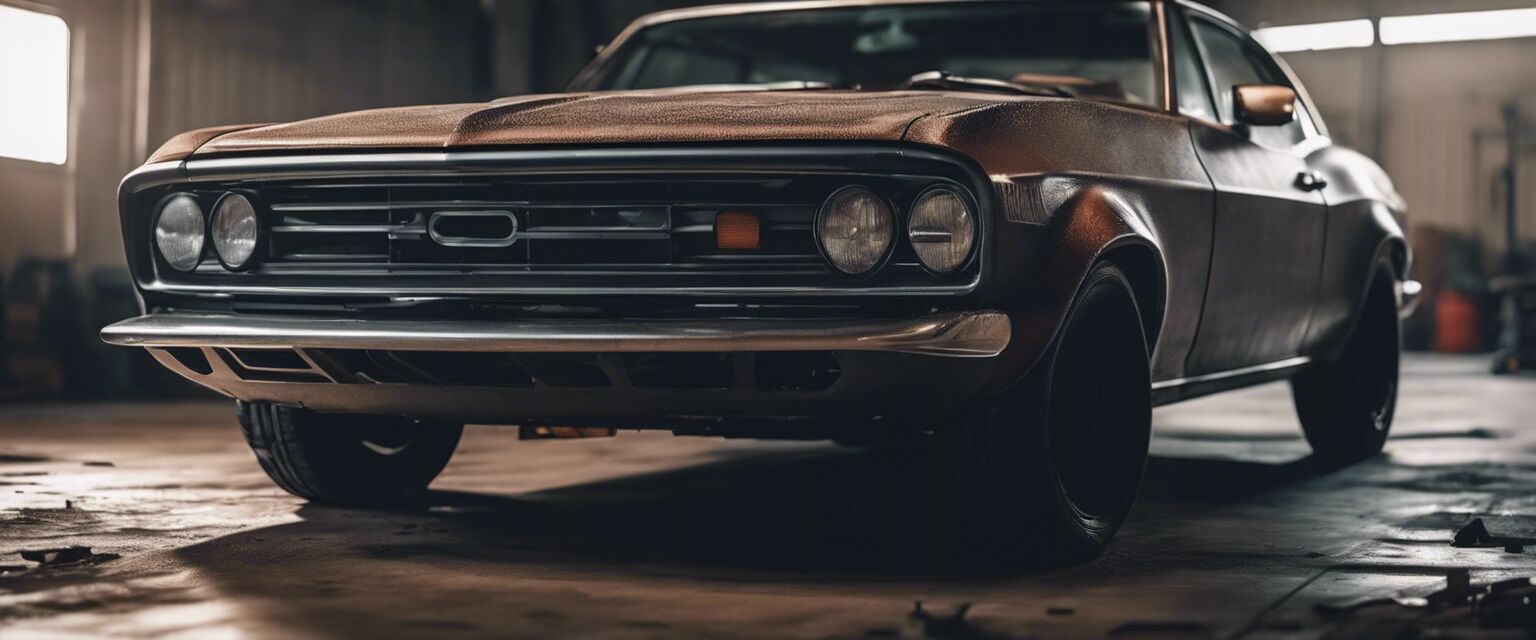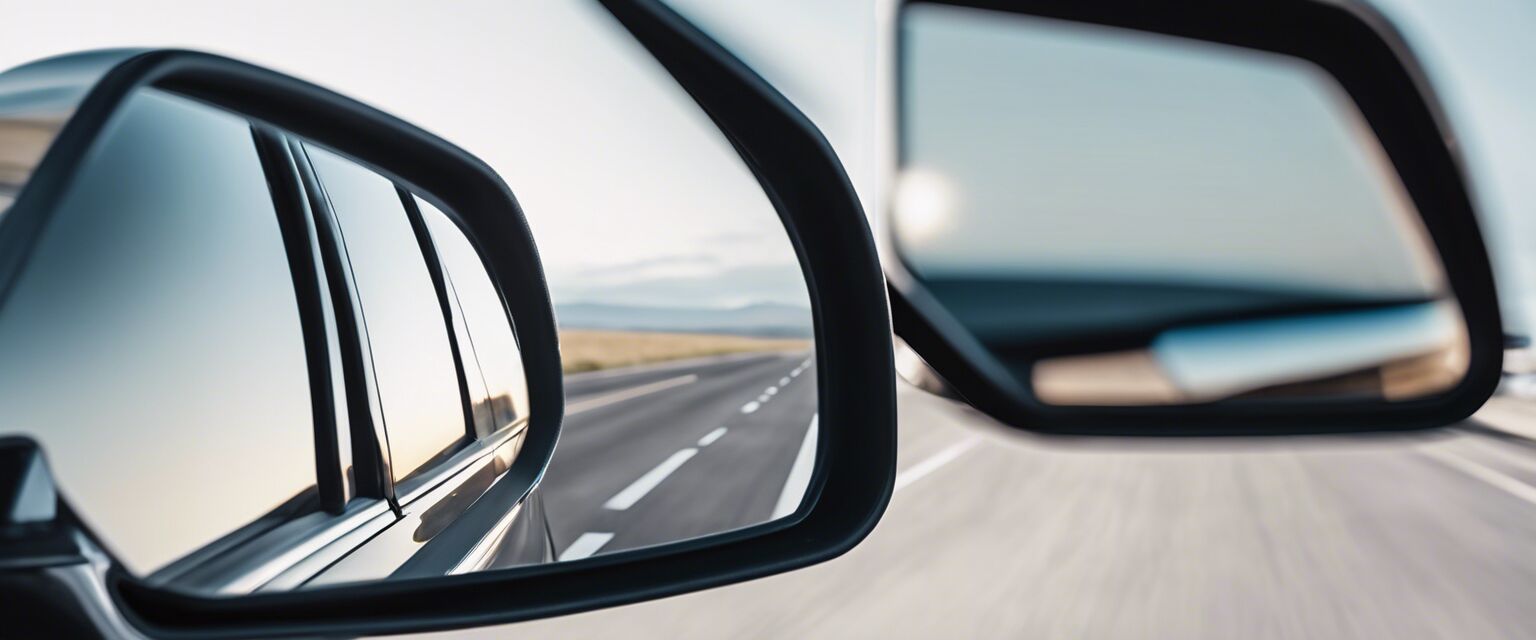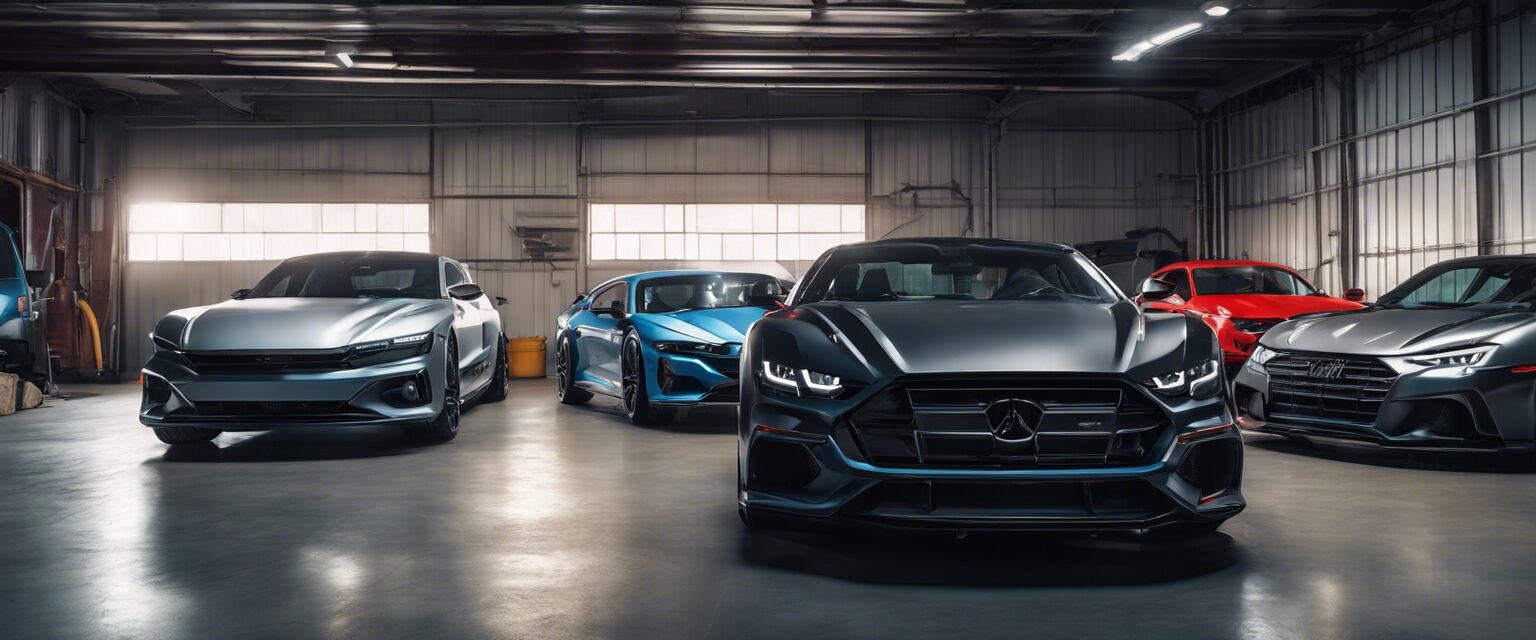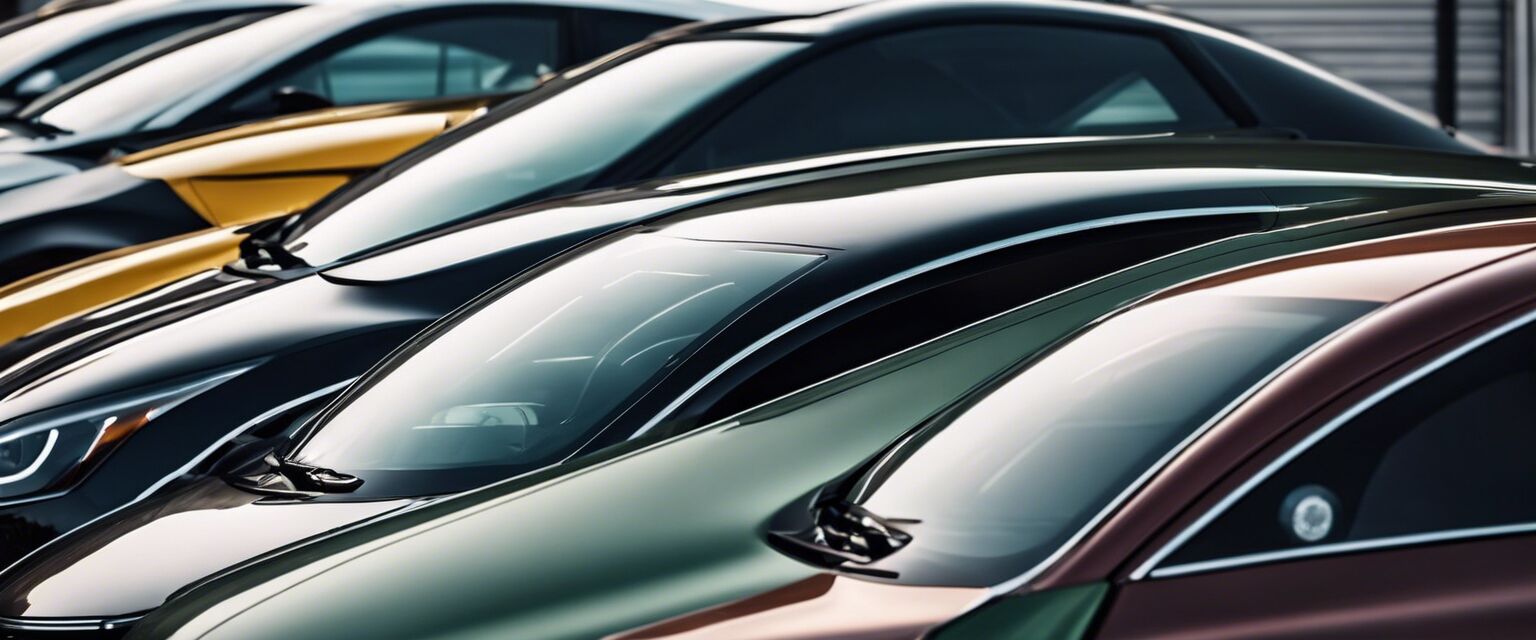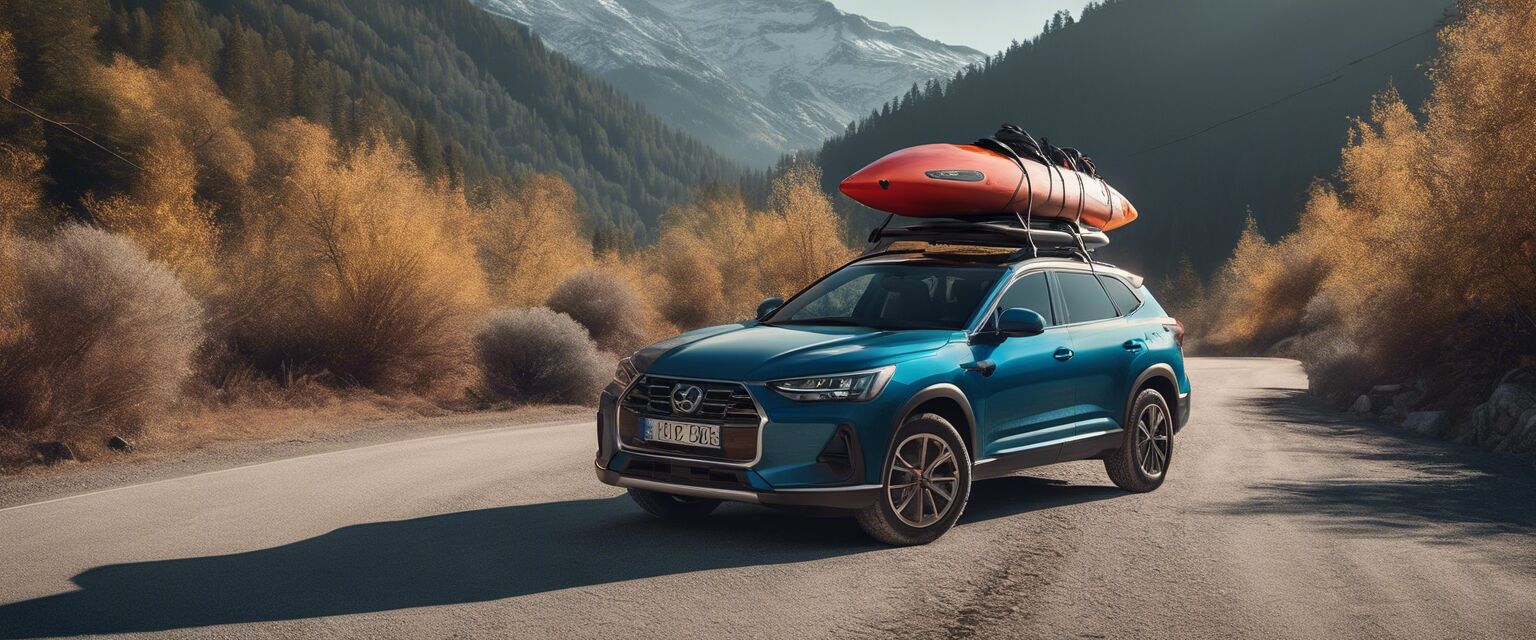
Automotive Grilles
Key Takeaways
- Automotive grilles are essential for vehicle aesthetics and functionality.
- Choosing the right grille involves considering both style and material.
- Maintaining your grille can prolong its lifespan and keep your vehicle looking sharp.
- Different types of grilles serve various purposes, from cooling to protection.
Automotive grilles play a crucial role in both the appearance and functionality of vehicles. They not only enhance the aesthetic appeal but also serve practical purposes such as cooling the engine and protecting internal components. In this guide, we will explore how to select the right grille, the different types available, and the best practices for maintaining them.
Types of Automotive Grilles
Understanding the different types of automotive grilles is essential when choosing one for your vehicle. Below are some common types:
| Type of Grille | Description | Best For |
|---|---|---|
| Mesh Grilles | Features a network of intersecting lines, providing a sporty look. | SUVs and performance vehicles. |
| Bar Grilles | Consists of horizontal or vertical bars, offering a classic look. | Trucks and classic cars. |
| Custom Grilles | Tailored designs that reflect personal style. | Car enthusiasts and custom builds. |
| OEM Grilles | Original equipment manufacturer grilles designed for specific models. | Maintaining factory standards. |
Choosing the Right Grille
Selecting the perfect grille for your vehicle involves several factors:
- Style: Consider the overall design of your vehicle.
- Material: Grilles are typically made from plastic, aluminum, or stainless steel.
- Fit: Ensure the grille is compatible with your vehicle model.
- Functionality: Think about whether you need extra cooling or protection.
Popular Materials for Automotive Grilles
The material of the grille can greatly impact durability and appearance. Below is a comparison of popular materials:
| Material | Durability | Weight | Cost |
|---|---|---|---|
| Plastic | Moderate | Light | Low |
| Aluminum | High | Moderate | Medium |
| Stainless Steel | Very High | Heavy | High |
Maintaining Your Automotive Grille
Regular maintenance is key to keeping your automotive grille in top condition. Here are some helpful tips:
Maintenance Tips
- Wash your grille regularly to remove dirt and debris.
- Inspect for signs of damage or rust and address them promptly.
- Use a wax or sealant to protect the finish, especially for metal grilles.
- Avoid using harsh chemicals that can damage the material.
Common Issues with Automotive Grilles
While automotive grilles are durable, they can face certain issues. Here are some common problems:
| Issue | Possible Causes | Solutions |
|---|---|---|
| Cracks | Impact from debris or collision. | Repair or replace the grille. |
| Rust | Exposure to moisture and road salt. | Clean and repaint affected areas. |
| Loose Grille | Worn-out mounting clips or screws. | Check and tighten all fasteners. |
Conclusion
Choosing the right automotive grille is essential for both functionality and aesthetics. By understanding the different types, materials, and maintenance practices, you can ensure that your vehicle looks great and performs well. For more information on different automotive parts, consider exploring our sections on Bumpers and Fenders, Doors and Panels, and Hoods and Trunks.
Pros
- Enhances the vehicle's appearance.
- Provides necessary airflow to the engine.
- Can protect against debris and minor impacts.
- Available in a variety of styles and materials.
Cons
- Can be expensive for high-end materials.
- May require regular maintenance to prevent damage.
- Improper fit can lead to performance issues.
Additional Resources
If you’re interested in learning more about automotive body parts, check out our other articles on:
